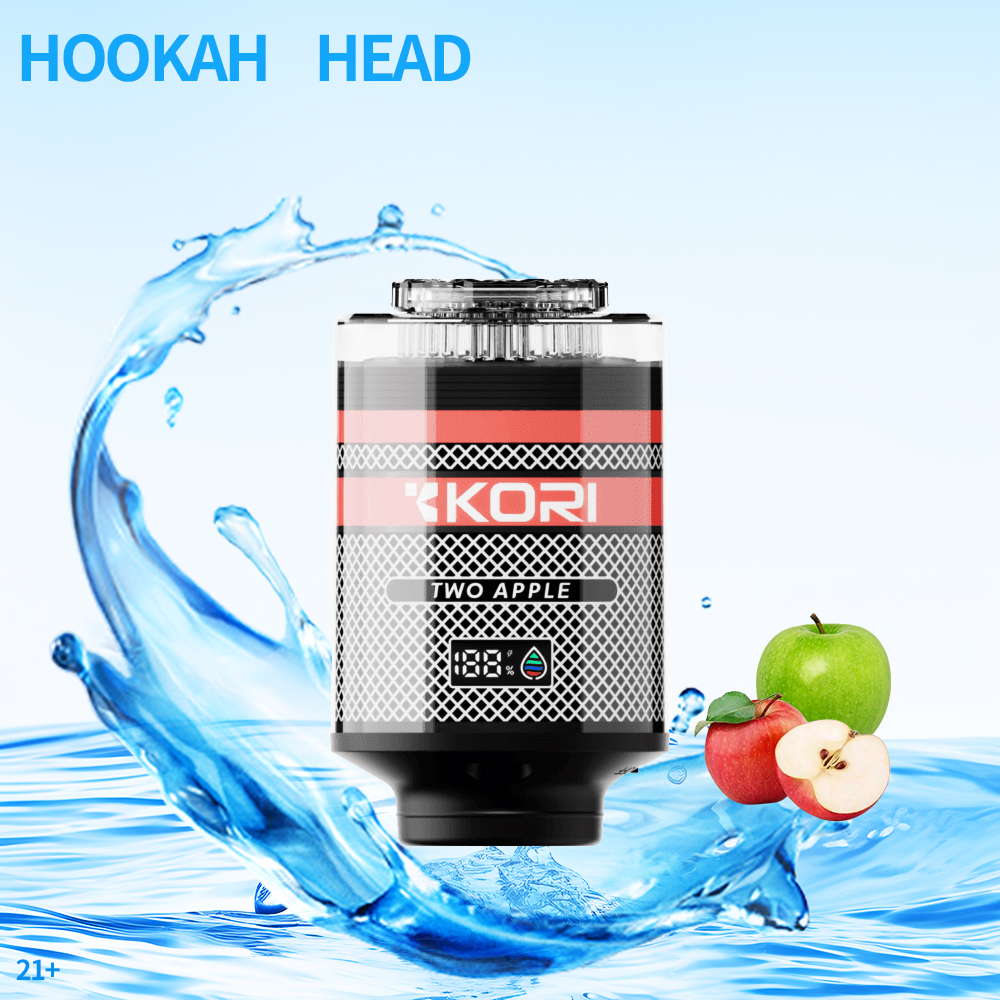How Do Online Vape Shops Verify Age? Ensuring Compliance in the Digital Age
As vaping continues to gain popularity across the globe, the responsibility of ensuring that these products are sold only to adults has become increasingly crucial. Online vape shops must navigate the complex landscape of age verification to comply with legal regulations while also maintaining customer trust. This article delves into the methodologies employed by online vape shops to verify age and explores the challenges they face in this essential process.
The Importance of Age Verification
Age verification serves several essential functions in the vaping industry. Firstly, it helps prevent minors from accessing potentially harmful products. Regulations vary by country and state, but the overarching goal remains the same: to safeguard young individuals from the risks associated with nicotine and other substances found in vaping products.
Secondly, age verification maintains the integrity of online vape shops, ensuring compliance with federal and local laws. Non-compliance could lead to serious legal consequences, including hefty fines and loss of business licenses. Therefore, effectively verifying the age of customers is not merely a best practice; it is a necessity.
Methods of Age Verification
Online vape shops employ various methods for age verification. Below are some of the most common techniques used:
1. Online Age Verification Services
Many online retailers utilize third-party age verification services that specialize in checking a customer’s identity. These services usually require customers to input personal information, such as their name, date of birth, and address. The service then cross-references this data with official records to confirm the individual’s age. This method is efficient and offers a high level of accuracy.
2. Document Upload
Another prevalent method involves customers uploading a government-issued ID. Upon placing an order, the customer may be directed to a secure portal where they can upload a clear image of their identification, such as a driver's license or passport. The online shop then reviews the submitted documents for age verification. This method, while thorough, can lead to delays in processing orders, creating a less-than-ideal experience for customers.
3. Age Confirmation Checkboxes
Some online vape retailers opt for a straightforward approach by including age confirmation checkboxes during the checkout process. Customers are typically asked to state their age and confirm that they are of legal age to purchase vaping products. While this method is simple, it is less effective against dishonest declarations. It acts more as a deterrent than a reliable verification method.
4. Two-Factor Authentication (2FA)
Implementing two-factor authentication can add an additional layer of security in age verification. This process typically requires customers to provide something they know (like a password) and something they have (such as a mobile phone for a one-time code). By integrating 2FA, online vape shops can significantly reduce the risk of underage purchases, although it may require more steps for customers to complete their transactions.
Challenges in Age Verification
While age verification is essential, it does not come without challenges.
Privacy Concerns
As consumers become increasingly aware of their digital privacy, many may feel uncomfortable sharing personal information online. This concern can create hesitance and a potential barrier to completing a purchase on an online vape shop. Striking a balance between effective age verification and consumer privacy rights is crucial for these businesses.
Technological Advancements
With rapid technological advancements, so too do the methods used by individuals attempting to circumvent age verification systems. Some may employ fake IDs or use deceptive means to confirm their age. Online vape shops must continuously update and refine their verification processes to stay one step ahead of these tactics.
Legal and Regulatory Variations
The vaping industry is subject to varying laws and regulations, depending on the jurisdiction. Online shops selling to customers in multiple regions must navigate this complex legal landscape, often necessitating different verification methods to comply with local requirements. This complexity can create operational challenges and the risk of unintentionally violating laws.
The Role of Technology in Age Verification
The future of age verification in online vape shops is poised to leverage advanced technologies. Artificial intelligence, machine learning, and biometric verification technologies present potential avenues for enhancing the reliability of age verification.
1. AI and Machine Learning
AI can analyze patterns and behaviors that might indicate fraudulent activity, enabling online retailers to flag suspicious transactions. Additionally, machine learning algorithms can adapt and improve age verification methods over time, making them smarter and more effective at identifying potential underage purchasers.
2. Biometric Authentication
Biometric methods such as facial recognition and fingerprint scanning could revolutionize age verification. By utilizing biometric data, online vape shops could ensure a high level of accuracy in confirming an individual's identity and age. However, the implementation of such technologies must tread carefully, considering privacy and ethical implications.
Best Practices for Online Vape Shops
To navigate the complex world of age verification successfully, online vape shops can adopt the following best practices:
- Stay Informed: Regularly update knowledge of local regulations and compliance requirements to avoid legal repercussions.
- Invest in Reliable Verification Solutions: Consider partnering with reputable third-party service providers that specialize in age verification to ensure compliance and minimize risks.
- Communicate Transparency: Make it clear to customers why age verification is required, emphasizing commitment to safety and compliance.
- Improve User Experience: Streamline the verification process to reduce barriers to purchase while maintaining security and compliance.
- Address Consumer Privacy: Implement practices that protect consumer data and demonstrate a commitment to privacy rights.
In summary, age verification is an essential aspect of operating an online vape shop. By leveraging advanced technologies and best practices, these retailers can help ensure that their products are sold responsibly and legally, paving the way for a safer vaping community.





